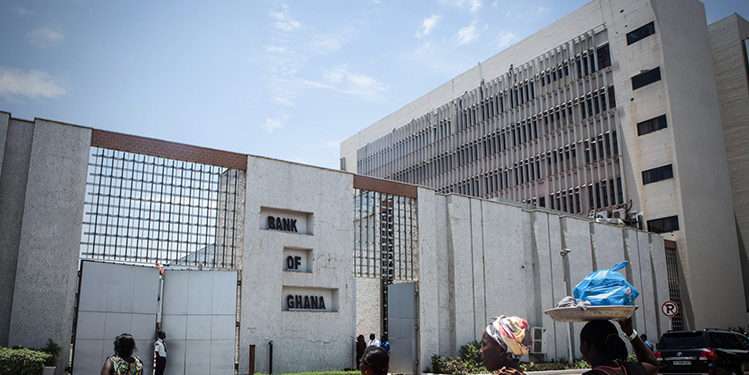BoG Crisis: Governor Addison defends Central Bank’s stability amidst GHS 60.8bn loss
Presenting a broader perspective, Dr. Addison characterized the loss as a reflection of the cumulative economic and social crises that Ghana has confronted over time, serving as an attempt to address systemic issues within the nation’s economy.
- Advertisement -
Amidst mounting calls for the resignation of Dr. Ernest Addison, the Governor of the Bank of Ghana (BoG), alongside his two deputies, the central bank has assured that its operations will remain unaffected despite a significant loss of GH¢60.8 billion recorded in 2022.
The Minority in Parliament, referring to the institution’s “insolvency” and “mismanagement,” has demanded the officials’ resignation. Dr. Addison, in a recent press briefing on August 21, 2023, emphasized that the loss would not hinder the bank’s operations, as affirmed by the International Monetary Fund’s Technical Assistance mission prior to providing a bailout.
- Advertisement -
Dr. Addison underscored the distinct nature of central banks compared to commercial banks, highlighting that the Bank of Ghana’s financial condition would not impede its functioning. He cited the IMF’s declaration that the bank was “policy solvent” and would remain so due to ample income coverage for monetary policy operational costs. The bank’s capital strength, approximately 15% of its total liabilities, was noted as robust, prompting the IMF’s recommendation to retain all profits, with a reevaluation scheduled for 2027.
- Advertisement -
Reassuringly, Dr. Addison conveyed the bank’s intention to manage operational costs efficiently throughout 2023. He clarified that the losses recorded in the previous year were technical in nature, arising from factors such as the application of accounting standards and the “haircut.” These financial losses did not originate from the bank’s operational activities in 2022.
- Advertisement -
Presenting a broader perspective, Dr. Addison characterized the loss as a reflection of the cumulative economic and social crises that Ghana has confronted over time, serving as an attempt to address systemic issues within the nation’s economy. Importantly, he illuminated that the Bank of Ghana had previously encountered negative equity during specific periods, including 2017 and 2018, due to factors such as legacy liquidity support loans and exchange rate fluctuations.
In light of historical occurrences, the Governor noted that the bank’s balance sheet has historically been impacted by significant national challenges. To debunk assertions of frequent government financing, Dr. Addison clarified that the Bank of Ghana had provided support solely during exceptional circumstances like the pandemic-hit year of 2020 and the crisis year of 2022. He reaffirmed the bank’s adherence to relevant legal frameworks, including limits on government financing set at 5% of the previous year’s tax revenue as per the Bank of Ghana Act (612), as amended.
The Governor clarified that the bank’s actions during the pandemic were in accordance with the applicable laws governing the institution, such as Section 30(6) of the Bank of Ghana Act, allowing for the purchase of Covid-19 bonds to support the economy through the pandemic. Dr. Addison concluded by underscoring the bank’s commitment to responsible financial management and compliance with regulations.
Source: Norvanreports
- Advertisement -


